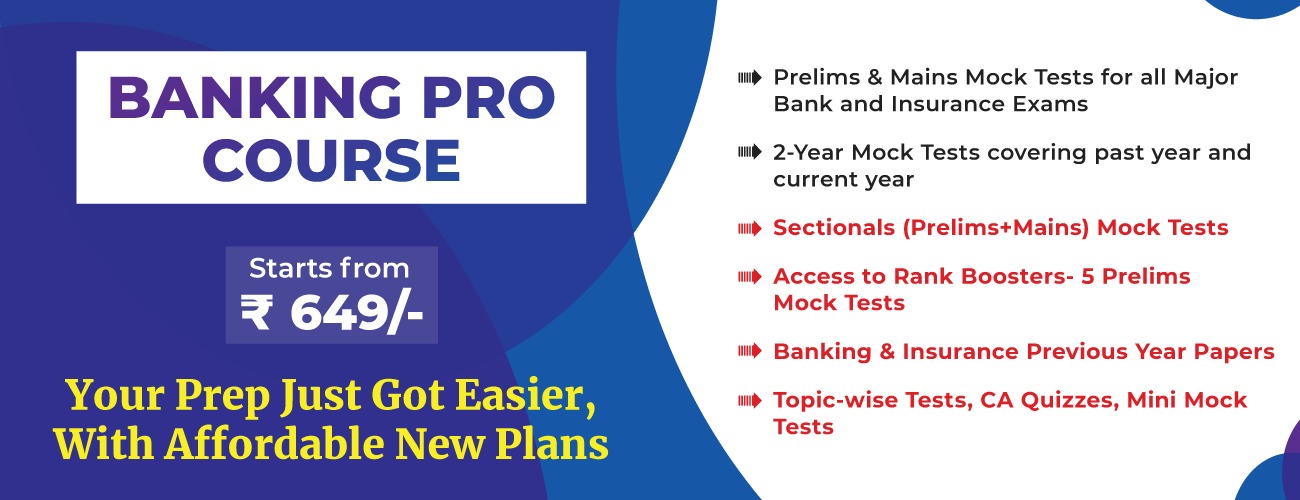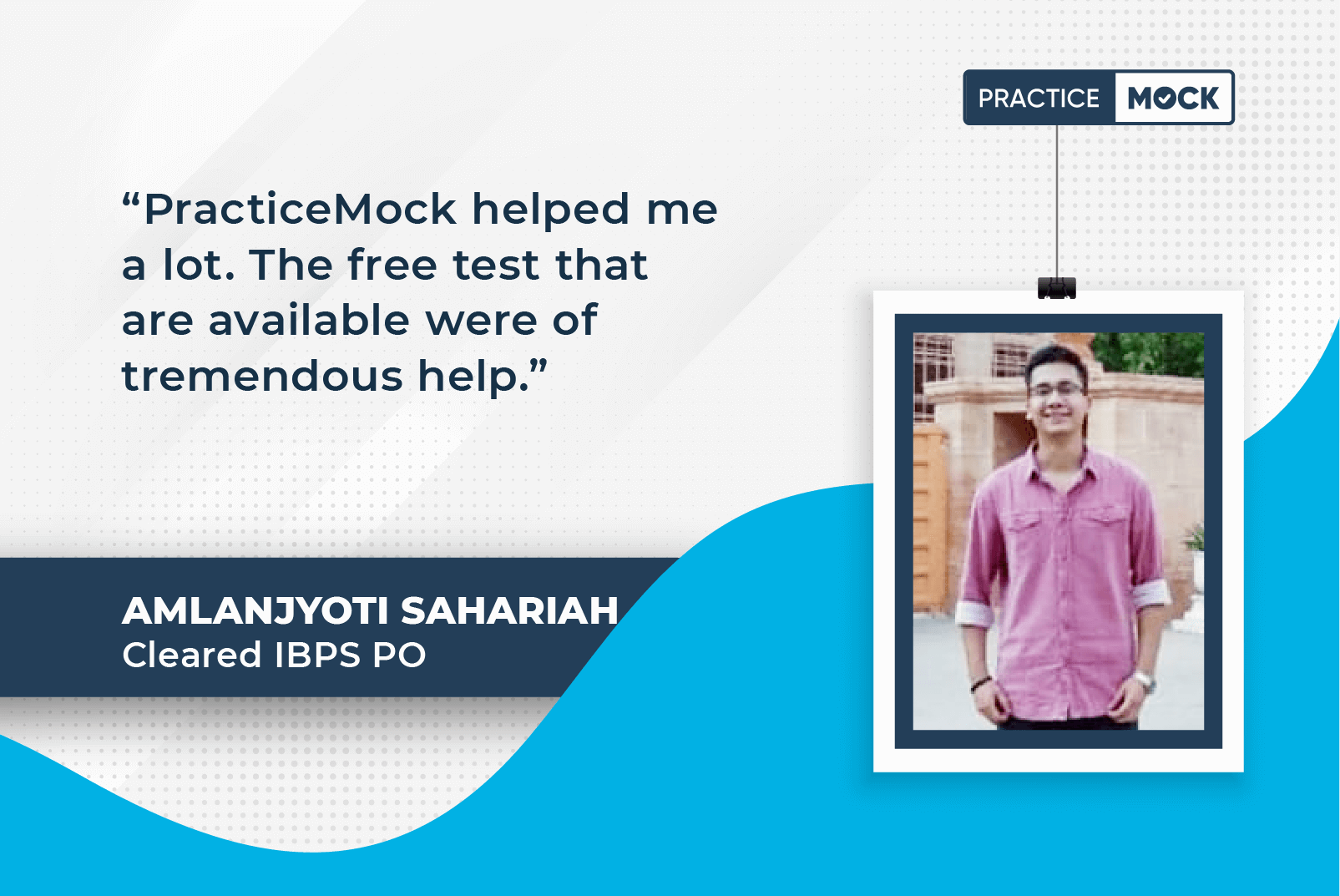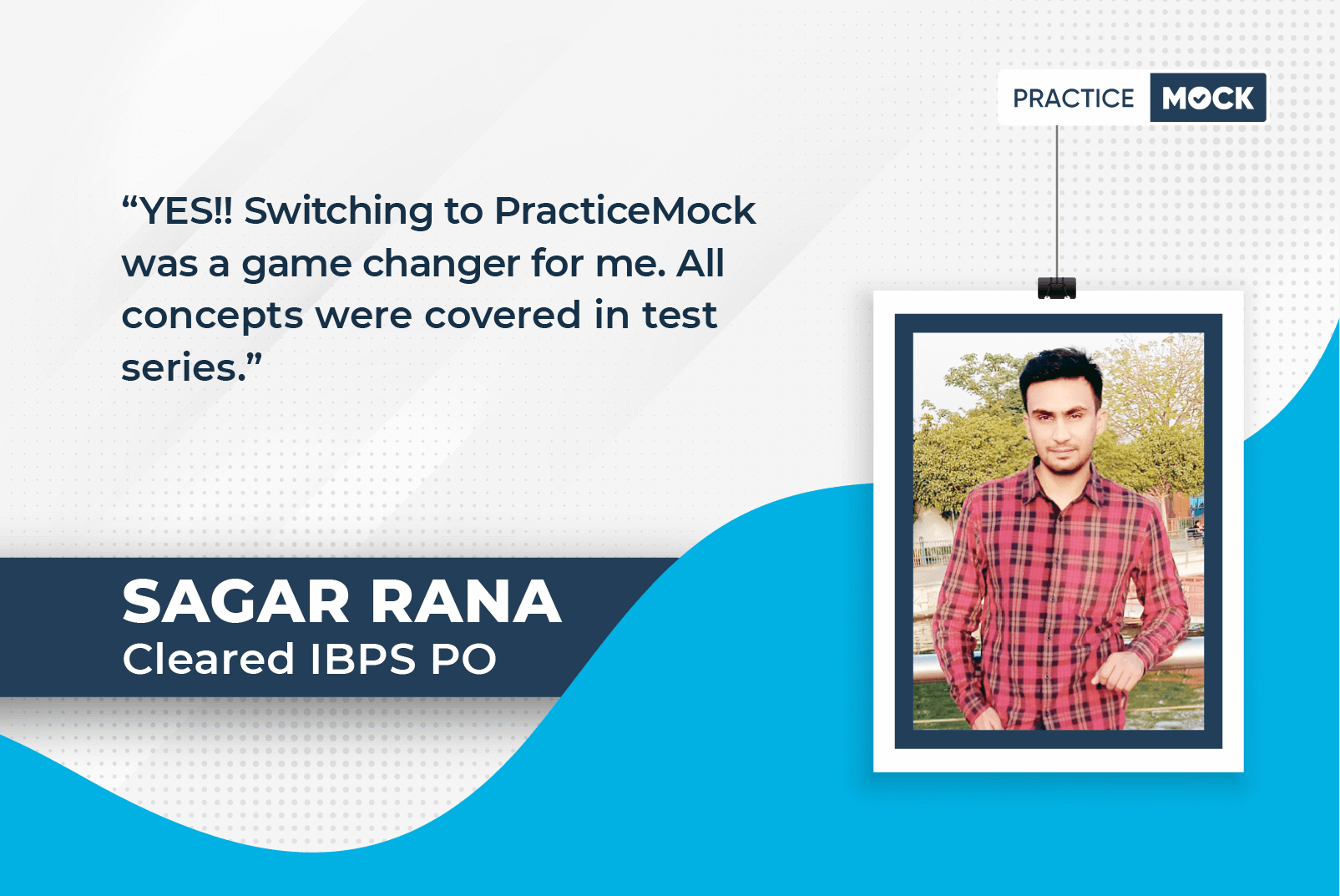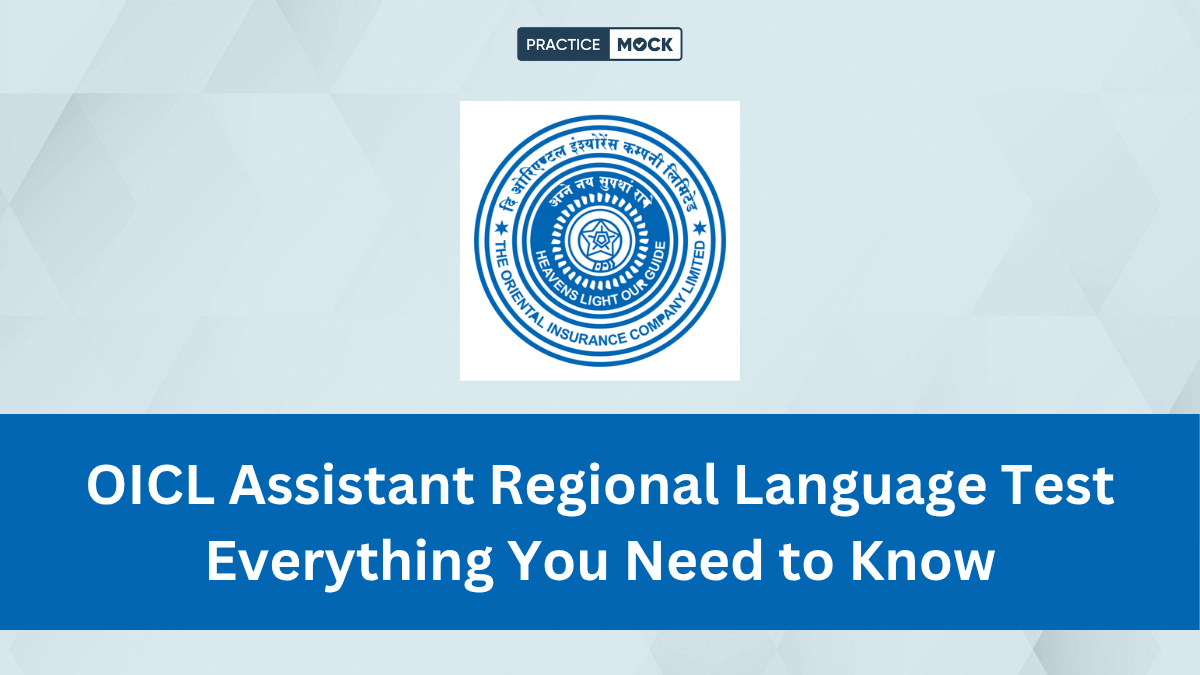The Oriental Insurance Company Limited (OICL) Assistant Recruitment process includes a crucial stage known as the Regional Language Test. While this test is non-scoring, it plays a vital role in the final selection of candidates. Mastering this step can help candidates secure a position and begin a rewarding career with OICL. This blog will guide you through every aspect of the OICL Assistant Regional Language Test, including its importance, eligibility criteria, test format, preparation tips, and common challenges.
Table of Contents
- What is the Regional Language Test?
- Why is the Regional Language Test Important?
- Eligibility for Appearing in the Test
- Format and Structure of the Language Test
- Tips to Prepare for the Regional Language Test
- Common Mistakes to Avoid
- Final Thoughts
1. What is the Regional Language Test?
The Regional Language Test assesses a candidate’s proficiency in the local language of the state or union territory (UT) they have applied for. It ensures that the candidates can read, write, and communicate effectively in the language of the region.
This test is a mandatory step and serves as a qualifying round. Candidates must pass this test to finalize their selection for the Assistant (Class III Cadre) role. However, it does not carry any scoring weight for the final merit list.
Who Needs to Take This Test?
- Candidates who qualify in both Tier I (Preliminary Exam) and Tier II (Main Exam) need to appear for the Regional Language Test.
- The test is compulsory for all applicants, regardless of their category.
2. Why is the Regional Language Test Important?
The Regional Language Test holds significant importance in the selection process for several reasons:
For Effective Communication
The OICL Assistant role often involves interacting with customers, processing claims, and managing documents. Fluency in the regional language ensures smooth communication and efficiency in day-to-day operations.
For Regional Integration
By ensuring candidates understand the local language, OICL aims to provide seamless services to policyholders and maintain harmony with regional staff and clients.
Non-Negotiable Qualification
Failing the Regional Language Test can terminate your selection process, even if you excel in other stages. Therefore, preparing thoroughly for this test is essential.
Practical Relevance
Imagine scenarios like customer grievances, policy clarifications, or emergency services. A strong grasp of the language ensures customer satisfaction and quality service delivery.
Passing this test demonstrates that you are capable of effectively contributing to the operations of the specific region.

3. Eligibility for Appearing in the Test
To be eligible for the Regional Language Test in the OICL Assistant Recruitment process, candidates must:
- Clear the Tier II Main Exam:
Only those who qualify for the Main Exam are eligible to appear for the Regional Language Test.
- Apply for a Specific State/UT:
The language test corresponds to the region chosen at the time of application.
- Possess Language Proficiency:
You should be able to read, write, and speak the regional language of the state or UT where you’re applying. If your academic record includes a language qualification in the respective regional language, it could work as proof of knowledge.
Pro Tip: If you’re unsure whether your proficiency level meets the requirements, revisit your textbooks and regional language basics.
4. Format and Structure of the Language Test
While OICL does not provide exhaustive details about the structure, the Regional Language Test typically evaluates:
Reading
- Candidates may be asked to read a short passage in the local language, ensuring they can understand written communication.
Writing
- A small writing task (e.g., a paragraph, application letter, or form filling) is provided to assess written skills and adherence to language-specific grammar.
Speaking
- An oral test where candidates answer questions, engage in short conversations, or interpret scenarios presented to them.
Common Tasks in the Test:
- Translating a small English sentence into the regional language.
- Writing a basic essay, paragraph, or customer support response in the regional language.
- Reading and interpreting official communication pieces like notices.
Duration: The test’s duration varies but is typically short, lasting 30 minutes to 1 hour.
Note: There is no negative marking or scoring, but failure to display adequate proficiency means disqualification.
5. Tips to Prepare for the Regional Language Test
Success in the Regional Language Test begins with targeted preparation. Here are actionable tips:
1. Brush Up on Language Basics
- Revisit grammatical rules, sentence structure, and vocabulary of the regional language.
- Practice reading regional newspapers or storybooks for improved comprehension.
2. Work on Formal Writing
- Learn to write formal letters, applications, and short essays in the regional language.
- Focus on proper spelling and grammatical consistency.
3. Practice Reading Aloud
- Select passages from regional texts and read them aloud to enhance fluency and confidence.
- Record yourself to assess clarity and pronunciation.
4. Improve Conversational Skills
- Engage in conversations with friends, family, or language tutors fluent in the regional language.
- Watching regional news channels or movies can also help improve your grasp.
5. Simulate Mock Tests
- Take sample or mock regional language tests to familiarize yourself with the expected format.
Pro Tip: If you’re weak in a particular aspect (e.g., writing), dedicate extra time to mastering it through targeted exercises.
6. Common Mistakes to Avoid
Avoiding pitfalls can significantly improve your chances of clearing the Regional Language Test. Here are some key mistakes to steer clear of:
1. Neglecting Preparation
- Never assume that your regional language skills are adequate just because you’ve studied or spoken the language. Thorough preparation is essential.
2. Ignoring Formal Writing Practices
- Informal or conversational writing will not suffice. Ensure your writing style is professional and grammatically sound.
3. Overlooking Pronunciation
- Poor pronunciation can hinder your ability to convey ideas clearly during the oral segment of the test.
4. Misinterpreting Questions
- Pay close attention to instructions provided during the test. Failing to understand the question can lead to incorrect answers.
5. Procrastinating
- Waiting until the last minute to prepare can leave gaps in your knowledge. Start early for thorough coverage.
Being systematic and focused can dramatically reduce errors during the test.
7. Final Thoughts
The OICL Assistant Regional Language Test is more than just a formality—it’s a key qualifier that demonstrates your suitability for region-specific roles. By preparing well, understanding the test structure, and avoiding common mistakes, you can confidently clear this stage and move closer to your goal of becoming an OICL Assistant.
Actionable Next Steps
- Start preparing today by gathering relevant material for the local language of your state or UT.
- Practice regularly to build confidence in reading, writing, and speaking.
- Focus on clarity and accuracy in your responses during the test.
Remember, the Regional Language Test is your gateway to a secure, fulfilling role with OICL. Equip yourself with the skills you need, and this challenge will become an unbeatable opportunity. Good luck on your path to success!






Also Read:
| OICL Assistant- How to Apply? | OICL Assistant Exam Pattern & Syllabus |
| OICL Assistant Notification | OICL Assistant Preparation Strategy |
- Sign Up on Practicemock for Updated Current Affairs, Topic Tests and Mini Mocks
- Sign Up Here to Download Free Study Material
Free Mock Tests for the Upcoming Exams
- IBPS PO Free Mock Test
- RBI Grade B Free Mock Test
- IBPS SO Free Mock Test
- NABARD Grade A Free Mock Test
- SSC CGL Free Mock Test
- IBPS Clerk Free Mock Test
- IBPS RRB PO Free Mock Test
- IBPS RRB Clerk Free Mock Test
- RRB NTPC Free Mock Test
- SSC MTS Free Mock Test
- SSC Strenographer Free Mock Test
- GATE Mechanical Free Mock Test
- GATE Civil Free Mock Test
- RRB ALP Free Mock Test
- SSC CPO Free Mock Test
- AFCAT Free Mock Test
- SEBI Grade A Free Mock Test
- IFSCA Grade A Free Mock Test
- RRB JE Free Mock Test
- Free Banking Live Test
- Free SSC Live Test



